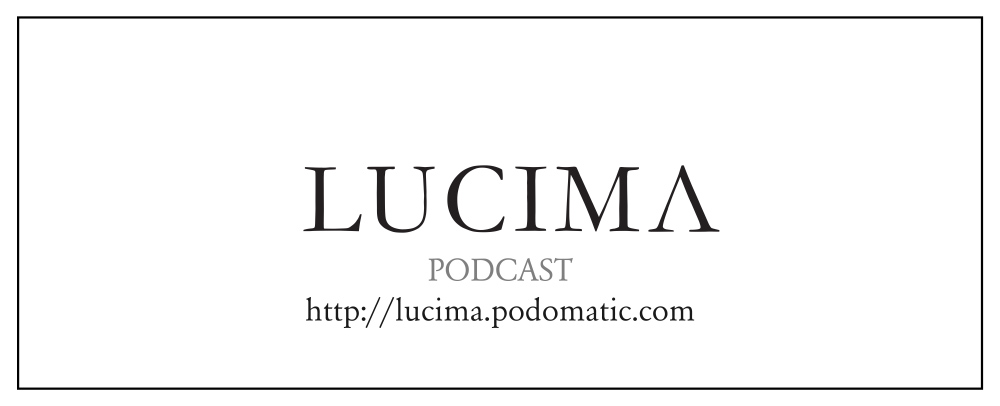I was thinking about this earlier. There are so many workshops out there. There's so much information available online. Why should anyone come to my workshop?
You'll learn a systematic approach to improving your photography. You'll learn the basic "building blocks" for analyzing and improving your images.
What the hell does that mean?
First let me tell you what it doesn't mean. It doesn't mean you'll just copy what I do. It doesn't mean you'll follow rote procedures and use my exact camera settings. It doesn't mean you'll memorize formulas or lighting setups. It doesn't mean you'll be a mirror image of me.
Perhaps unlike other workshops and photographers, I believe that you have a unique perspective and photographic style. You have something to offer the photographic world and I want you to develop that perspective and take that style to another level. I want you to learn how to fish so you can eat for a lifetime.
What the hell does that mean?
It means that when you're presented with a problem/challenge/opportunity, that you can recognize the elements that comprise the problem and manipulate them to improve your shot. Recognizing what and how the problem/challenge/opportunity works is the key to improving your "photographic eye" and taking your images to another level. And this is what I want to show you.
As an example, when I first started shooting I had no idea what I was doing and my images lacked a certain "pop" that they generally have now. But for a long time I'd ask myself "Why do my images suck?" and for a long time I had no answers and kept producing sucky images. It wasn't until I started asking myself questions like, "Why do my images look flatly lit with 3 strobes?" that I finally started resolve the "suckiness" of my images. This question forced me to examine my lighting ratios (power level on each strobe), the angles I was lighting my images, the concept of "spill", along with my post-processing. I suddenly realized I was asking the wrong question all along. There are no answers to "Why does this suck?" because "suck" is subjective! Everyone will have a different answer and some might even disagree with the question itself. I remember answering the question in my head, "They suck because you suck". LOL! Umm, now where does that leave me?
Having a systematic approach is about having the right mindset and the right "tools" for resolving problems/challenges/opportunities. First, it's the mindset that every problem is a challenge rather than a problem and therefore an opportunity to do something differently as well as an opportunity to improve your image/photography . Second, it's about having the right mental tools; being able to close your eyes and see light, understanding how light interacts with your subject (along with its environment), understanding the technical nature of how our cameras operate in the "presentation" of light, etc. So I'm not talking about getting the latest and great gear, although new gear is always nice. Instead I'm referring to cultivating the best tool in the world, your brain/mind, in order to create better images.
You'll learn the basic "building blocks" for analyzing and improving your images.
My goal is to equip you with these skills so that you walk out of this workshop with a better "photographic eye". Throughout the process I'll show you how I approach challenges and together we'll examine new challenges so you can exercise your own critical thinking and ultimately, develop your own creative approach to lighting. We'll look at lighting setups and modify them based upon creating specific looks. In the end, I want you to walk out of this workshop with more confidence that you can capture and create better images. That you understand light and the presentation of light. That you can resolve problems/challenges/opportunities yourself.
That's why you should come to my workshop. :)

Looking forward to it, Charles.
ReplyDeleteMe too Gregory ;P
ReplyDelete